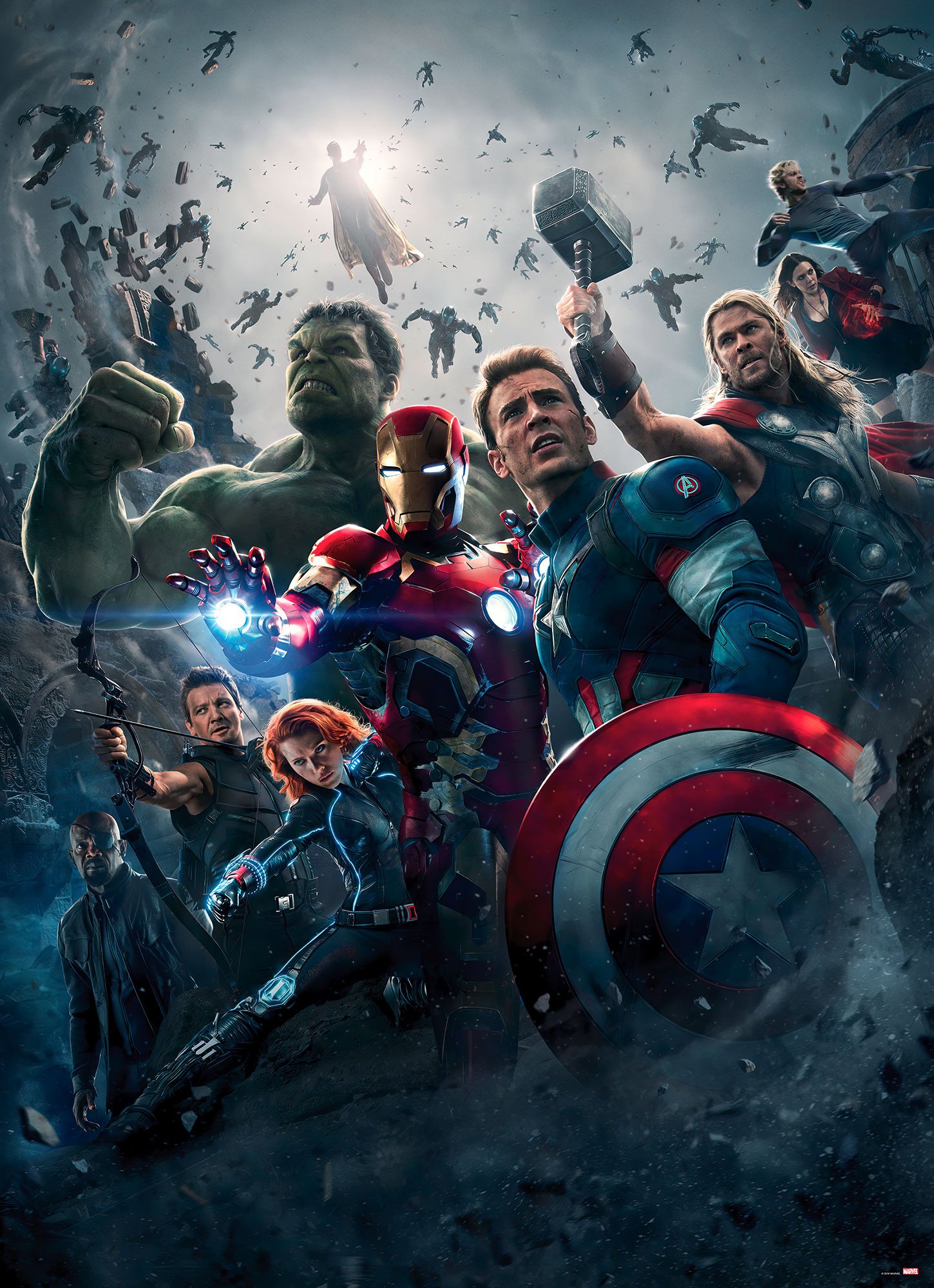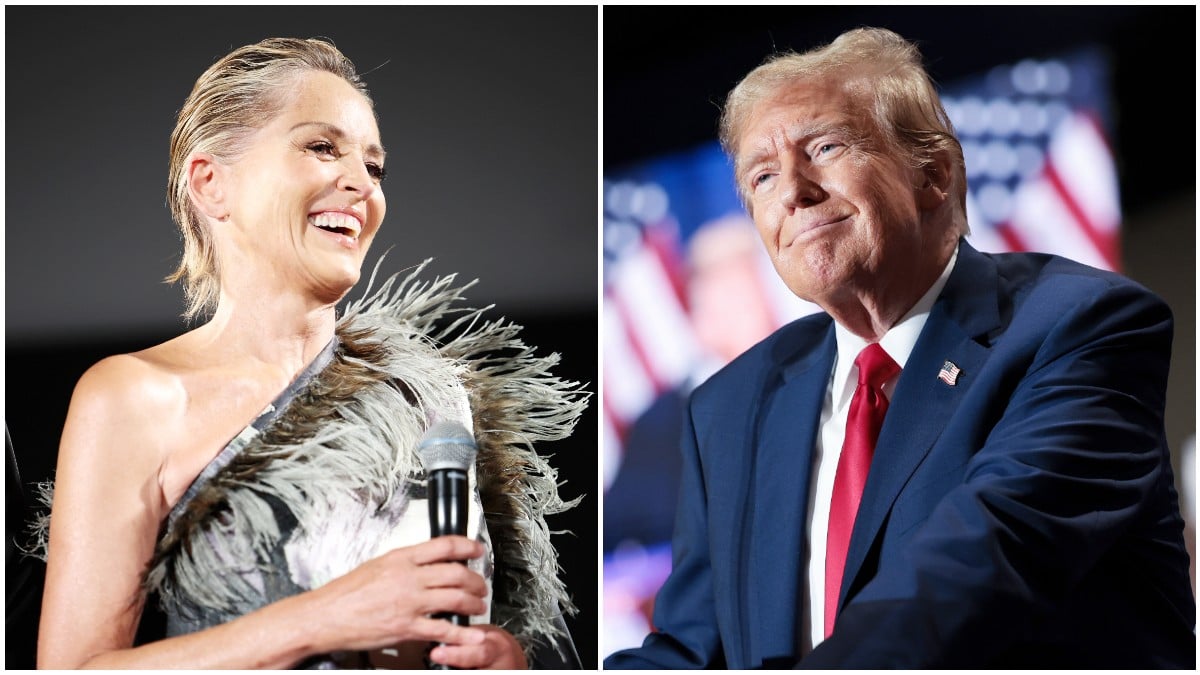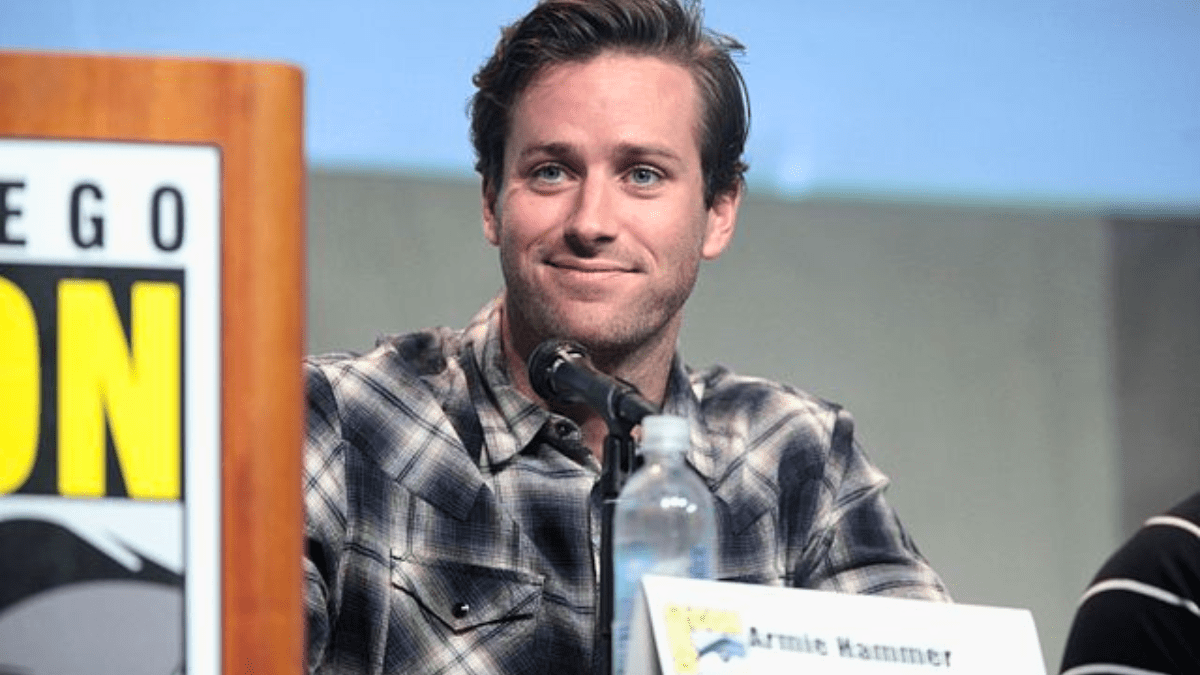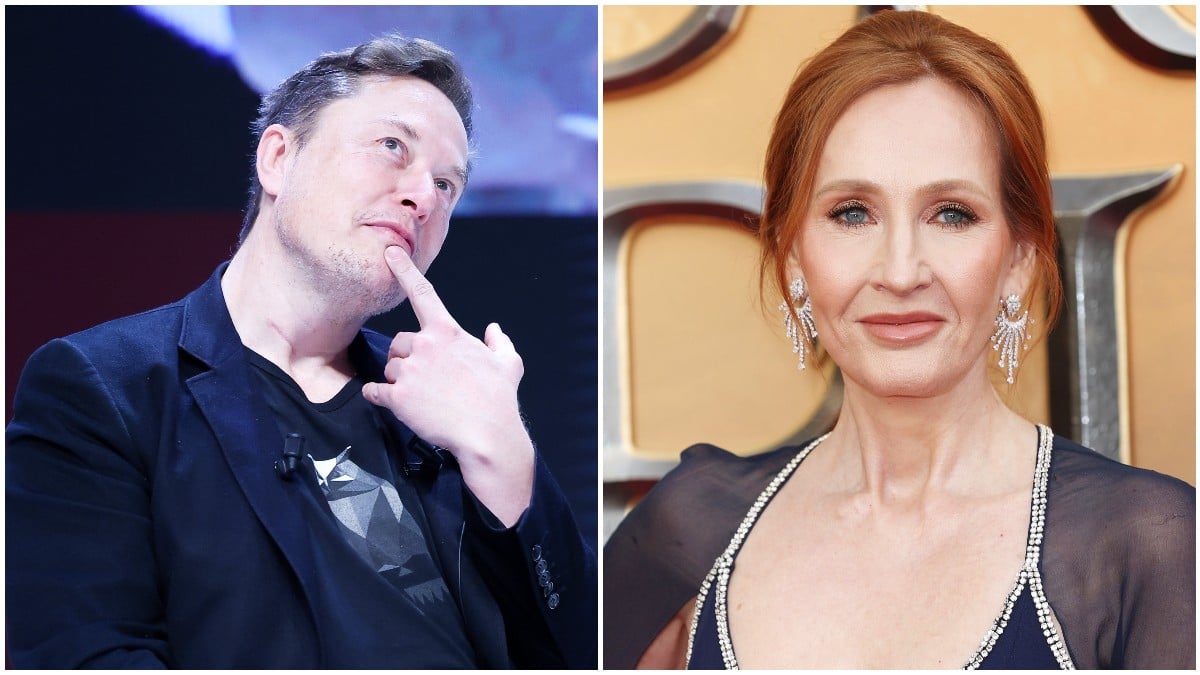All six episodes were provided prior to broadcast.
In this age of serialized streaming surplus, it’s hardly surprising that Black Mirror has emerged as something of a dark jewel in the crown of cerebral, small-screen storytelling. Its grim, introspective approach to narrative is as indelible as it is off-putting, and the show’s anthology format has allowed it to evolve from a cynical exploration of humanity’s relationship with technology into the closest thing this generation has to The Twilight Zone.
And in its Netflix-housed third season, which clocks in at six one-hour episodes (a significant expansion from the show’s previous, three-episode-season, 45-minute-a-piece structure), Black Mirror both makes plain its intentions to be exactly that, and perhaps in doing so undermines its claim to the Rod Serling throne ever so slightly. The series, which hails from British journalist Charlie Brooker, has always been a bit of a wild card, delivering some knock-out, eerily evocative nightmares that rank among the best episodes of television ever produced (“The Entire History of You,” “Be Right Back”) but diluting its quality with other meandering, overly simplistic hours (“White Bear” comes to mind) that either mangle their metaphors or close out on exhausted whimpers. In its third season, which reflects its new home’s disdain for modesty with much longer episodes and its most extended season yet, there’s less consistency than in past outings but a more prominently demonstrated desire to swing for the fences.
And so it is that, at its best (“San Junipero”), the third season of Black Mirror rivals its previous heights, spinning meticulously thought-out and deeply interesting dissections of human behavior and the ways in which our reliance on technology has warped both our understanding of emotion and our ability to experience it. An affecting, extraordinary love story between two women exploring the boundaries between life and death (I’ll offer no spoilers beyond that – the season’s standout is best experienced cold), it embodies so much of what audiences love not specifically about Black Mirror but about science-fiction as a whole – visions of futures far off yet feasible, utopias and dystopias wherein the experience of being human has been expanded, contracted, subverted, or evolved.
“San Junipero” is brilliant both because of its structure, intensely involving and impeccably ordered, and its performances. The two women at the center of the episode are played by Mackenzie Davis and Gugu Mbatha-Raw, and both are award-worthy, exhibiting such palpable chemistry and yearning pathos that they completely earn, and amplify, the episode’s achingly beautiful denouement.
If all of Black Mirror‘s junior run was as stunning, we’d be looking at one of the best seasons of anthology television in the genre’s history. When Brooker swings and connects, he knocks it out of the park, and his episodes emerge as mini-masterpieces, commentaries on the complexities of tying our species so inextricably to unfeeling devices that either reaffirm humanity’s propensity to survive in unfamiliar forms or cynically predict the species’ destruction (this is where the anthology structure turns Black Mirror into a series of two, incompatible minds). But when he whiffs, the episodes turn into marathons, winded and tortured, either failing to compel through uninspired plotting or lacking the creative vision to see their future scenarios.
“Nosedive,” the series premiere, is an example of the former, though it has its strengths, including a committed, often unnerving performance from Bryce Dallas Howard and a couple of nifty little conceits. In its reality, a world where Instagram validation has been ratcheted up to to 11 in terms of social validation, everyone rates the interactions they have with one another using a mobile-based star system. These stars factor into a person’s overall ranking; the more stars you have, the better your life is, and the more perks you correspondingly receive. But the lower your star rating gets, the more you’re seen as an undesirable, a social misfit well on their way to pariah status.
Howard’s character, a social climber named Lacie, craves this virtual validation like a thirsty man in the desert does water. The episode’s main thrust engages as Lacie’s asked by a Colgate-smile-clad childhood friend (Alice Eve, gorgeously brittle) to serve as maid of honor in a wedding attended by many with near-perfect star ratings, and embarks on a road trip to the ceremony, only to discover just how quickly a world like hers can bite back. As a central metaphor, the constant endorsement offered by social media isn’t a bad topic for Black Mirror to tackle – but as “Nosedive” goes on, it rarely surprises and often sticks to formula, relying solely on Howard’s admittedly excellent turn to propel it. At 45 minutes, this kind of episode would have been solid, but it also suffers tremendously from Brooker’s newly possible liberty with runtimes.
“Playtest,” an even weaker installment, puts an American traveler (Wyatt Russell) inside an experimental video game system as the responsible company’s dispensable guinea pig, only for it emerge that the game preys on his worst fears to create a nightmare simulation. This does not, as one might predict, bode well.
Before the episode descends into some ill-advised finger-wagging about running away from your responsibilities, it plays with some horror tropes effectively, sticking its protagonist in a mess of murderous spider-monsters and morally ambiguous overseers, but when all is said and done, the installment is too uneven to recommend. Meanwhile, “Shut Up and Dance” is a taut thriller about Internet activity and how our darkest impulses can backfire in the moment when their tendrils infiltrate a potentially public platform – until it dissolves into a thoroughly nasty, nihlistic piece of work that offers more miseries than messages.
“Men Against Fire” doubles down on questions of morality, positing empathy as merely a glitch, something to be expunged in service of greater efficacy. It’s a war parable, with rich and painful ties to past conflicts but its feet planted in the future, depicting a world in which warfare against zombie-like creatures like roaches is only made possible through implants that erase hesitation and turn humans into deadly weapons. If you’ve seen Ender’s Game or The 5th Wave, this episode’s twist isn’t as novel as other episodes in the season, but Malachi Kirby’s fantastic performance at the center of it makes “Men Against Fire” one of the most entertaining, if haphazardly structured, installments.
The season all leads to “Hated in the Nation,” a 90-minute detective procedural that will probably resonate with anyone who was disappointed by the return of The X-Files on Fox (so, just about everyone). A commentary on doxxing and the vicious lack of restraint with which people sitting on phones or at keyboards can ruin lives with impunity and not a lick of guilt, the episode is a nice capstone to the message that Black Mirror‘s third season builds throughout its entirety: that social media, in its all-consuming presence and restructuring of its users’ priorities, is a tool capable of bringing out humanity’s best and (much more frequently) its worst.
This is another episode best seen without extensive spoilers, so I’ll just tease with this clever element of the season capper: a social media swarm, made literal. In a world where social media mobs wield tweets as ruthlessly as those olde time locals did pitchforks, Black Mirror‘s final episode makes the point that words still possess tremendous power through an odd method: reclaiming their physical impact.
Straddling the line between physical, punitive measures and more haunting, psychological tortures is something in which Black Mirror, while finding new ways to brutalize its protagonists, has always delighted. At its heart, the show is a cynical, often macabre exercise, concerned with technologically expedited nastiness and the societal decay with which that nastiness often dovetails. And so it’s telling that the third season’s best and most memorable installment offers its only purely optimistic ending.
Much of that may have to do with context – 2016 has brought such monstrous, bizarre headlines all by itself that the term “like a Black Mirror episode” has become a catch-all for commentary on everything from Brexit to Slenderman to the presidential election. With an outside world like ours, it’s par for the course that Black Mirror would continue to craft self-contained exercises in industrial, digitized horror – but wholly refreshing that it can suspend its pessimism, if just for a time, to reflect a vision of human technological advancement that feels like a stride toward some better tomorrow more than a hellish alt-reality.








Published: Oct 22, 2016 10:00 am